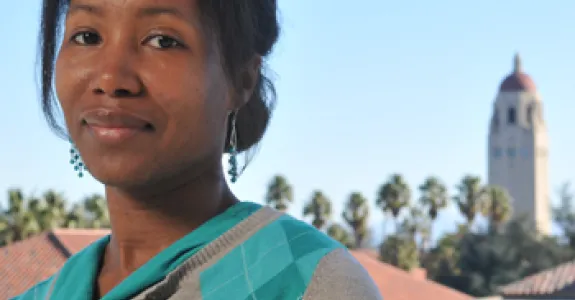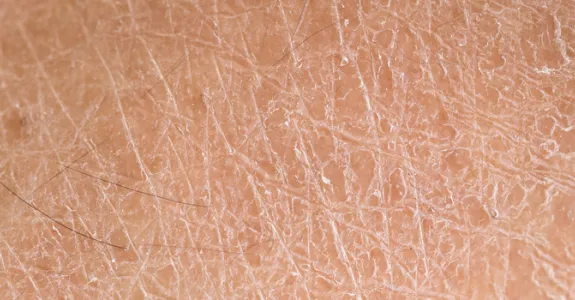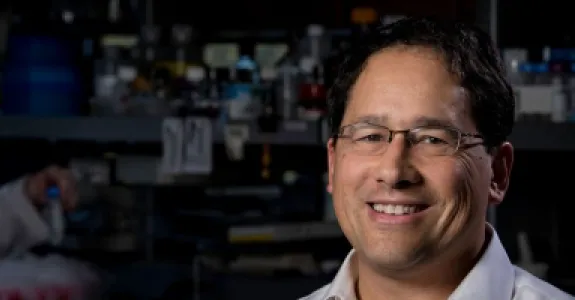
Dr. Jean Tang is a Professor of Dermatology, and her research focuses on genetic skin diseases such as Basal Cell Nevus Syndrome and Epidermolysis Bullosa. She studies new ways to treat and prevent NSMC and melanoma. Dr. Tang has led or co-led the conduct and completion of 6 investigator initiated clinical trials in BCC and EB. She received her MD/PhD from Stanford (Biophysics), completed her dermatology residency at Stanford, and then went to UCSF for a 3 year post-doc in mouse genetics, while simultaneously pursuing formal coursework in biostatistics, epidemiology, and clinical trial design in the KL2 CTSI program.
Dr. Tang's research focuses on 2 main areas:
- Skin cancer:
- New therapeutics to treat and prevent non-melanoma skin cancer, especially by targeting the Hedgehog signaling pathway for BCC tumors
- Genomic analysis of drug-resistant cancers
- Identifying risk factors for skin cancer in the Women's Health Initiative
- Epidermolysis Bullosa: gene therapy and protein therapy to replace defective/absent Collagen 7 in children and adults with Recessive Dystrophic EB
The Tang lab uses mouse models of skin cancer, epidemiology, clinical trials and next gen sequencing methods to identify and test new therapeutics especially for orphan diseases such as Basal Cell Nevus Syndrome (where patients have hundreds of BCC tumors) and patients with Epidermolysis Bullosa who have no treatment.




